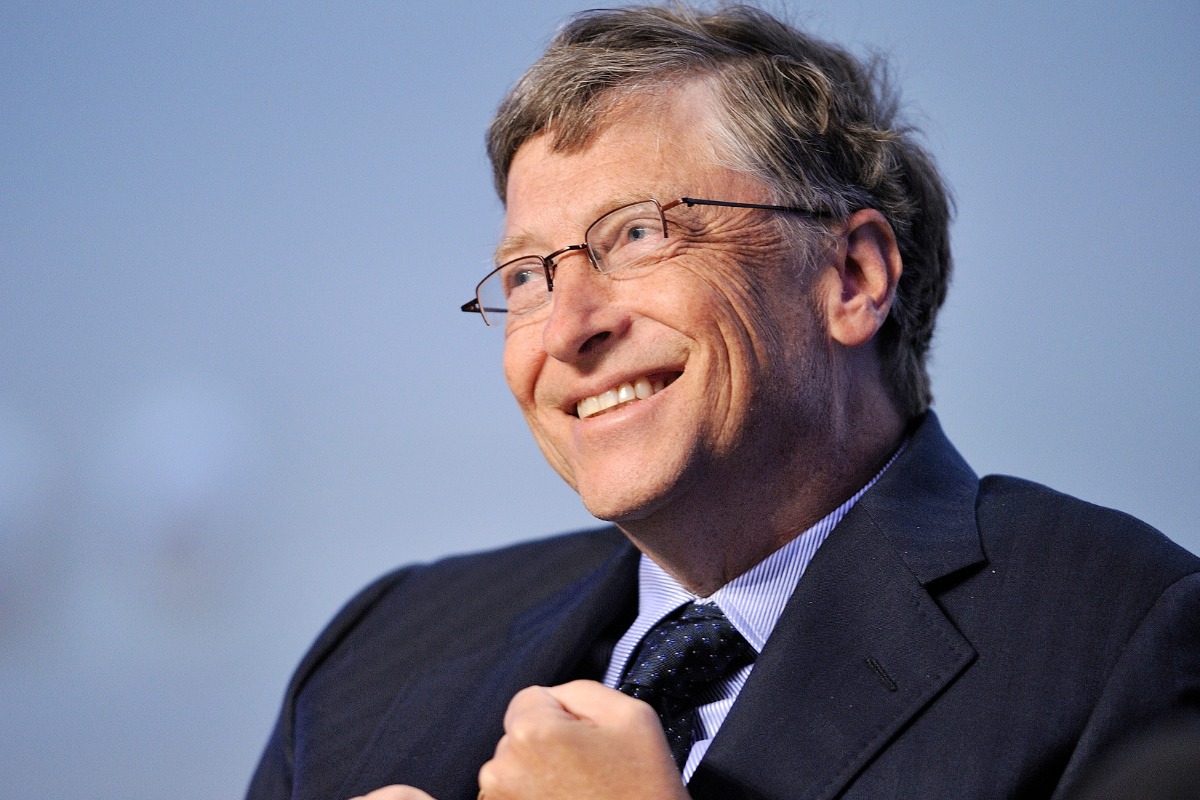Airbus, Leonardo and Thales have struck a deal to combine their space businesses to create a single European technology company that could rival Elon Musk’s SpaceX.
The deal is expected to create a company with annual revenue of about €6.5bn (£5.6bn). The French aerospace company Airbus will own 35% of the new business, with Leonardo and Thales each owning stakes of 32.5%.
The as-yet-unnamed tie-up will be one of the largest of its kind in Europe, combining satellite manufacturing, space systems, components and services from the continent’s leading aerospace and defence manufacturers.
Guillaume Faury, chief executive of Airbus, Roberto Cingolani, chief executive of Leonardo and Patrice Caine, chief executive of Thales, said in a joint statement that the new company marked “a pivotal milestone for Europe’s space industry”.
“By pooling our talent, resources, expertise and R&D capabilities, we aim to generate growth, accelerate innovation and deliver greater value to our customers and stakeholders,” they said.
The new company, which will be based in Toulouse, France and employ about 25,000 people, is aiming to be operational in 2027, after it secures regulatory approval. It should generate “mid-triple digit” millions of euros of synergies on operating income per year, starting after five years, the companies said.
Talks between Airbus, Leonardo and Thales reportedly started last year, in an effort to mimic the model of the European missile maker MBDA, which is owned by Airbus, Leonardo and BAE Systems.
The companies, which have together cut thousands of jobs in their space businesses in recent years, said there would be no immediate site closures or job losses, but that unions would be consulted on the project.
The businesses have struggled with their space operations in recent years. Last year Airbus incurred €1.3bn in charges from underperforming space contracts and announced 2,000 job cuts in its defence and space division. Thales Alenia Space, a joint venture between Thales and Leonardo, cut more than 1,000 jobs last year.
Meanwhile, Elon Musk’s SpaceX, which he founded in 2002, has grown to become one of the biggest startups in the world, at a valuation of $400bn.
after newsletter promotion
It is the dominant player in both rocket launches and satellite internet. Its main rivals are other US names such as United Launch Alliance, a joint venture between Boeing and Lockheed Martin, and Blue Origin, which was founded by the tech billionaire Jeff Bezos.
Earlier this month SpaceX launched its 11th starship rocket from Texas, landing it in the Indian Ocean. In August, the US president, Donald Trump, signed an executive order to streamline rocket launches, easing regulations for commercial space operators.

